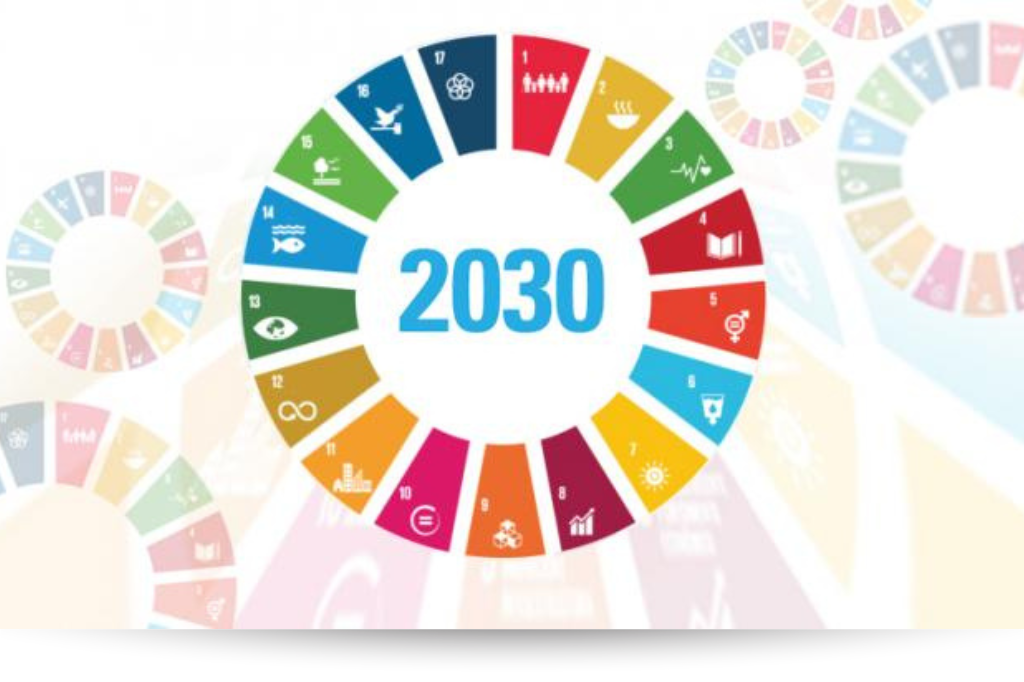Latin American and Caribbean countries strengthen statistical cooperation to advance the SDGs
Work area(s)
The Statistical Coordination Group for the 2030 Agenda in Latin America and the Caribbean presents a new information system and outlines a regional roadmap five years ahead of the 2030 Agenda.

On April 9, the sixth meeting of the Statistical Coordination Group for the 2030 Agenda in Latin America and the Caribbean, coordinated by the Economic Commission for Latin America and the Caribbean (ECLAC), was held virtually. The meeting brought together representatives from eight countries in the region to review recent progress, share experiences, and define the next steps in the production and monitoring of Sustainable Development Goal (SDG) indicators.
Launch of the national capacity building system
One of the milestones of the meeting was the launch of the Information System on National Capacities for the Production of SDG Indicators. This new tool will make it possible to highlight countries' strengths, challenges, and priorities in statistical development linked to the SDGs, facilitating more strategic and coordinated planning.
Regional Assessment and Participation in Global Initiatives
During the session, reflections were also shared on the region's participation in key global forums, such as the Inter-Agency and Expert Group on SDG Indicators (IAEG-SDGs) and the High-Level Group for Collaboration, Coordination, and Capacity Building in Statistics (HLG-PCCB).
The process for renewing the membership of both groups, scheduled for June 1, 2025, was also discussed, as well as possible joint activities to strengthen the regional statistical ecosystem.
National Representatives
Representatives from Antigua and Barbuda, Belize, Brazil, Chile, Colombia, Ecuador, Guatemala, the Dominican Republic, and Uruguay participated in the meeting, highlighting the importance of working together to improve the quality, comparability, and availability of the data needed to monitor the 2030 Agenda.
A Strategic Space for the Region
Since its creation, the Statistical Coordination Group has provided technical leadership in the region, promoting national ownership of the SDG indicator framework, cooperation between countries, and coherence between the regional and global monitoring levels.
With only five years to go before the deadline for achieving the goals of the 2030 Agenda, its role is becoming increasingly relevant to ensure that the region moves forward in an informed, coordinated and sustainable manner.
Related content

Sixth meeting of the Statistical Coordination Group for the 2030 Agenda in Latin America and the Caribbean
Representatives from eight countries participated on April 9 in the sixth virtual meeting of the Statistical Coordination Group for the 2030 Agenda, organized by ECLAC, to review progress, share…
